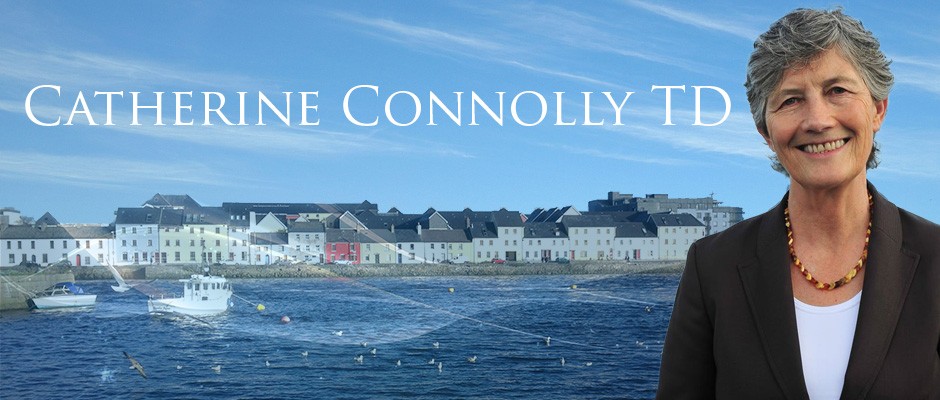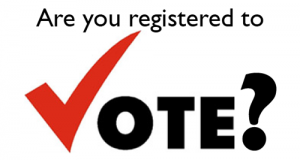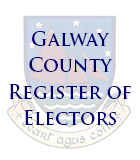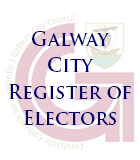The housing and homeless crisis in Galway is out of control and the failure by An Taoiseach to recognise the extent of the problem on his recent visit to Galway highlights the head-in-the-sand attitude of this government. Since the general election in February 2016 we are now on our third Minister for Housing and things continue to get worse.
This government continually asks for more time, but the evidence clearly shows that government policy is not only not working but the crisis is getting worse. Homeless figures are up, house and rent prices are up: Fine Gael housing policy simply is not working.
What’s needed is an urgent strategic response by the City Council working in tandem with the government. This strategy has to include the urgent building of public housing, affordable housing and the use of co-operatives. Furthermore, urgent legislation must be brought in to regulate the Air B&B sector as a response to the constant representations in relation to Air B&B which continues to reduce the stock of homes available for people to rent and which is intensifying the crisis.
Furthermore there is a crisis in the provision of student accommodation. On the night of the census in 2016 that 8% of our student population was registered as homeless. In our own city of Galway, and as a result of this acute shortage of properties to let, students are facing a simply unaffordable 18% increase in accommodation costs on last year. Indeed students in Galway recently staged a camp-out protest to highlight the extent of the accommodation shortage.
In relation to the provision of social housing what we get from the Government is simply empty rhetoric. In 1975 the state built 8,500 social houses; in 1985, in the middle of a recession, the state built 6,900 social homes; while in 2015 the state built only 75 social houses. And despite Galway being one of top four local authority areas worst affected by the housing crisis, not one single social house was built by Galway City Council since 2009. As a result there are currently approximately 5,000 households on the housing waiting list, approximately 15,000 people, some of whom have been waiting since 2002 for an offer of a home.
The complete reliance on the private market through the use of the Housing Assistance Payment (HAP) is actively fuelling the unsustainable rental market, putting public funds into the hands of landlords. HAP spending in 2017 was just under €153m, while the 2018 estimate is twice that at €300m. Under HAP responsibility for finding accommodation in the private rental sector has been transferred to tenants who find it extremely difficult to compete for limited and increasingly expensive private rental accommodation. Notwithstanding the lack of any effective security of tenure HAP tenants are removed from social housing waiting lists, thus masking the scale of the crisis.
There is a role for the private market but it has to be balanced by an active social housing construction programme and also the facilitation of co-operative housing on Council-owned land. Indeed the number of private houses available to rent has reached its lowest point in over a decade. Moreover the latest report from Daft.ie shows a major jump in rental costs in the city and county with rents in Galway city increasing at almost four times the recommended rent pressure zone cap of 4%.
The inevitable consequence of this lack of housing supply together with the rise in house and rent prices is the continuing rise in the number of people becoming homeless. Nationally there are currently nearly 10,000 people who are homeless. 3,867 children are currently homeless; this is the highest number of children ever recorded as homeless.
In the west, the current official figures show that 496 people, including 209 children, were in emergency accommodation during July. This represents a 56% increase on 2017 figures. These homeless figures however do not include people who are sleeping rough, people who are sleeping in cars or in tents, people who are living with family or friends in overcrowded accommodation of necessity, people in refuges, people with leave to remain but cannot leave direct provision centres: all of whom are homeless.
The failure to provide homes is deepening the social inequalities in our city and causing untold stress and suffering. The right to appropriate housing is a basic human right, without which people are prevented from participating actively in our society.
This short documentary film ‘Through the Cracks‘ which was released over the summer focuses on the challenges faced by families who are experiencing homelessness and who are living in emergency accommodation and is well worth 11 minutes of your time.



